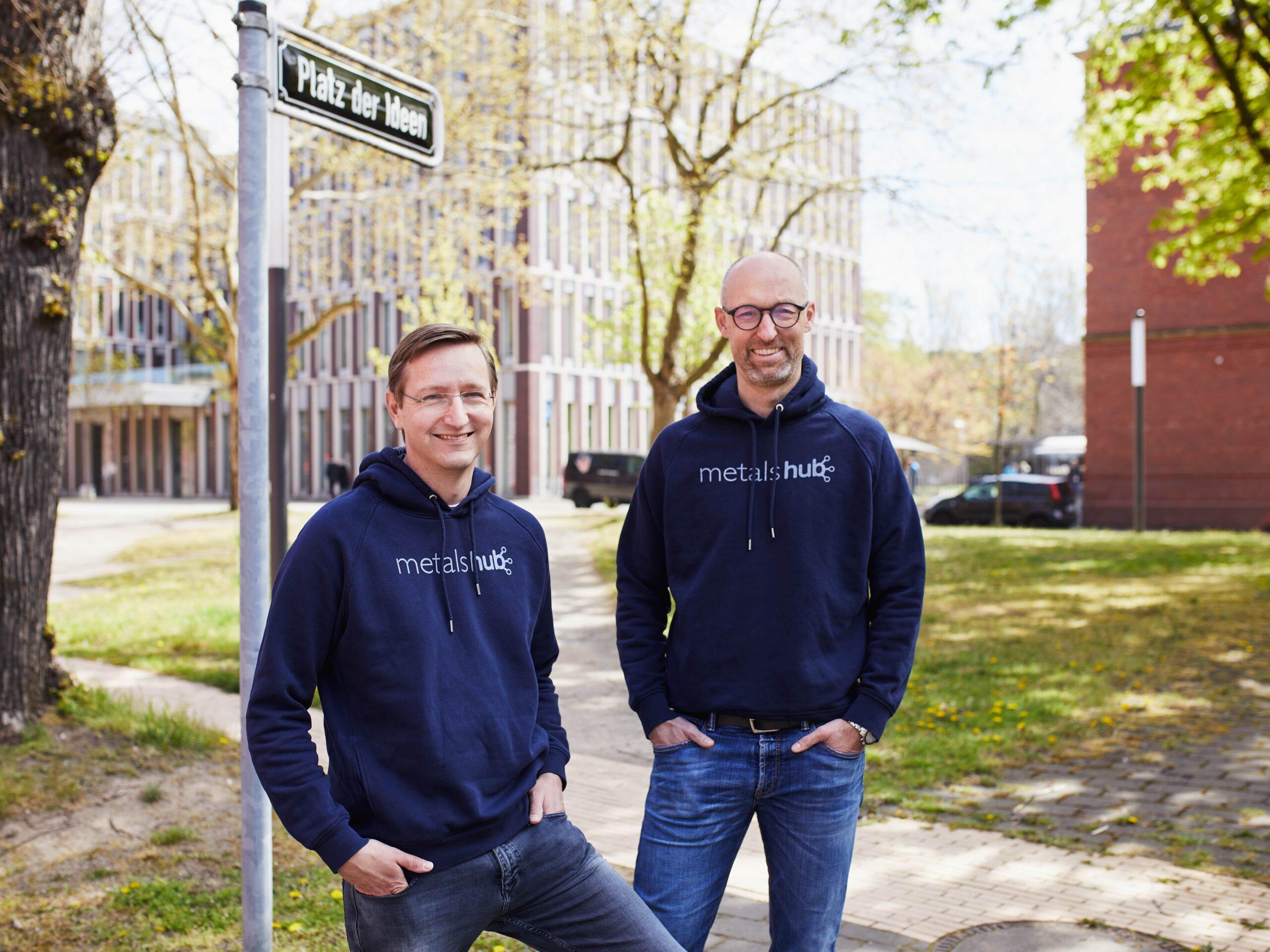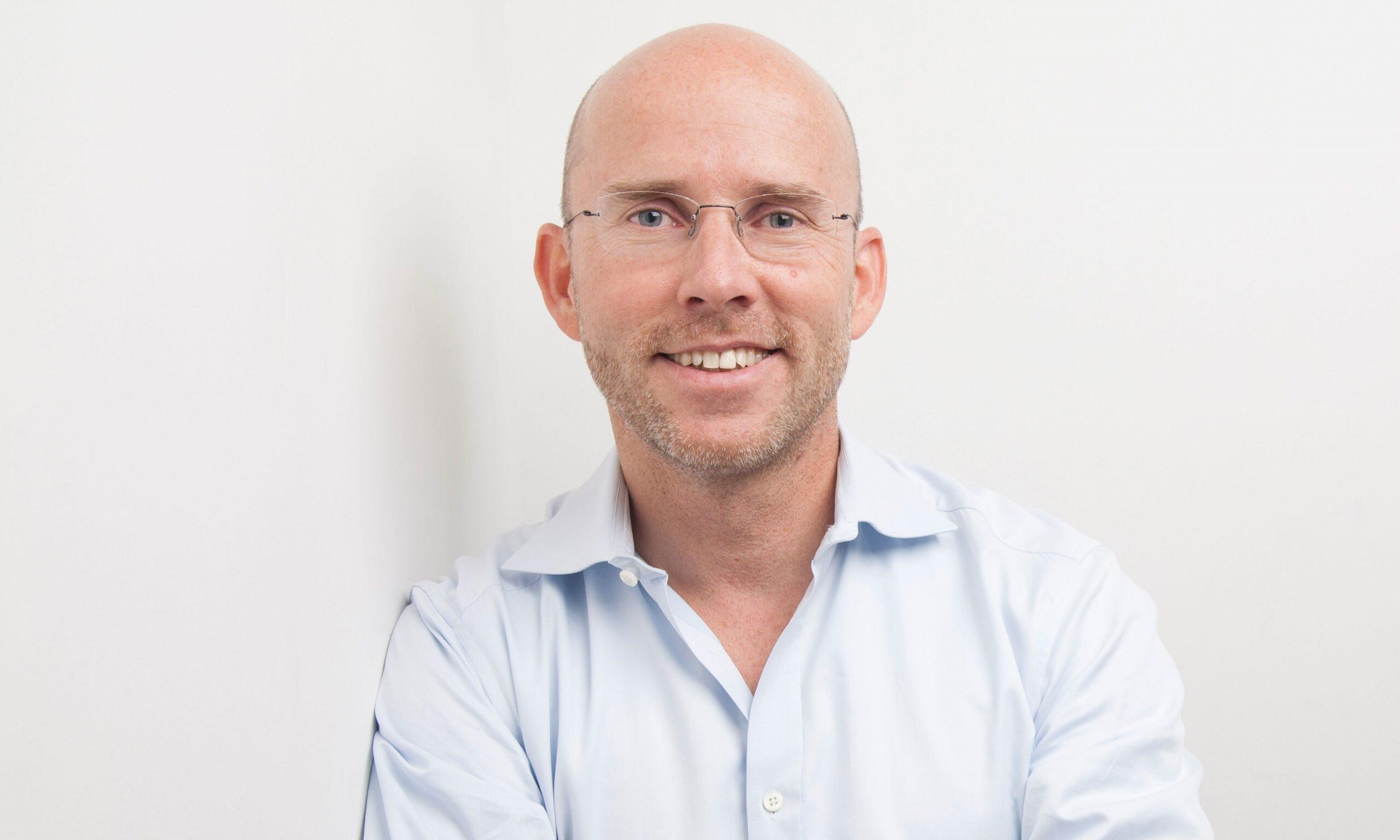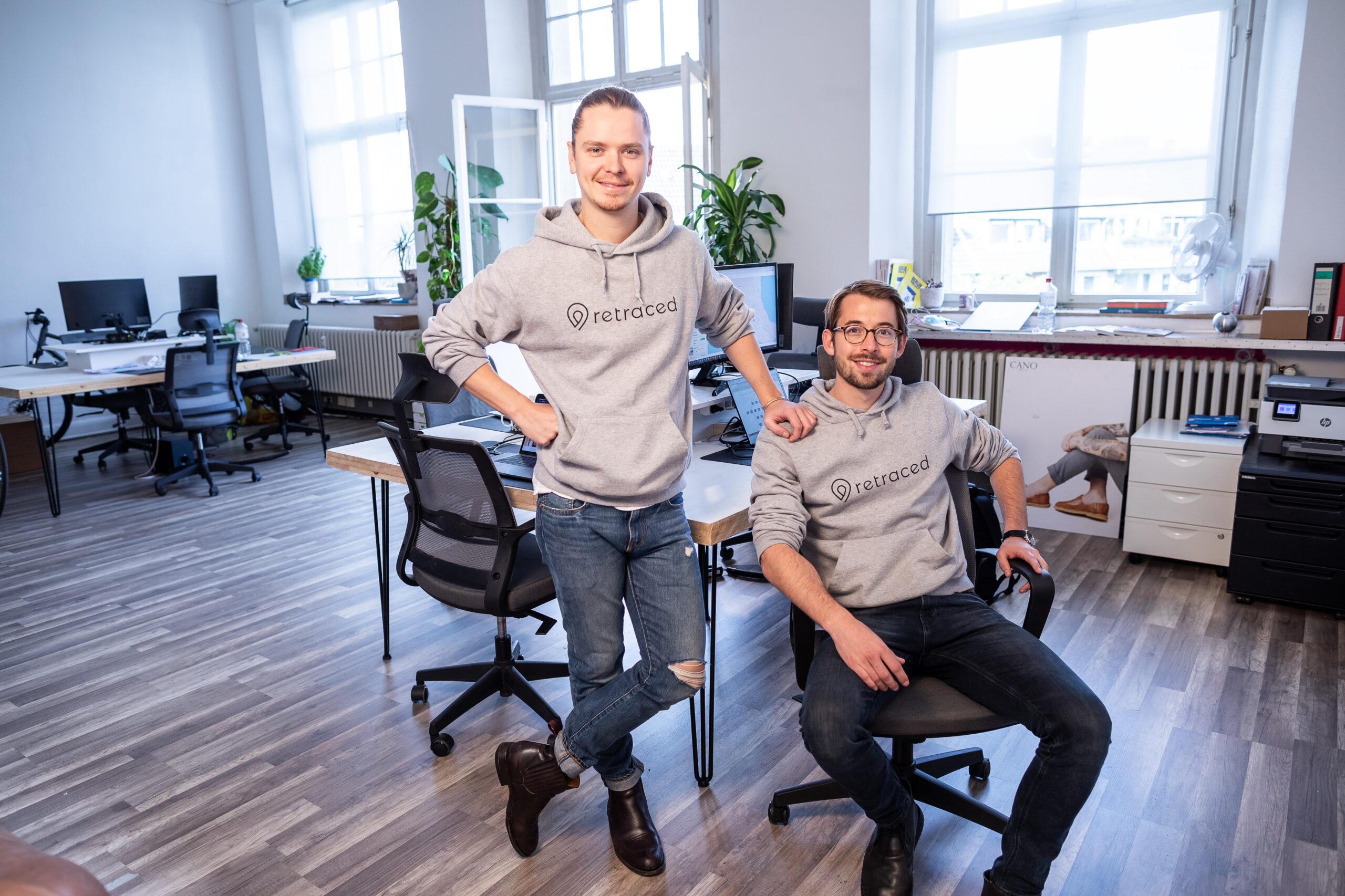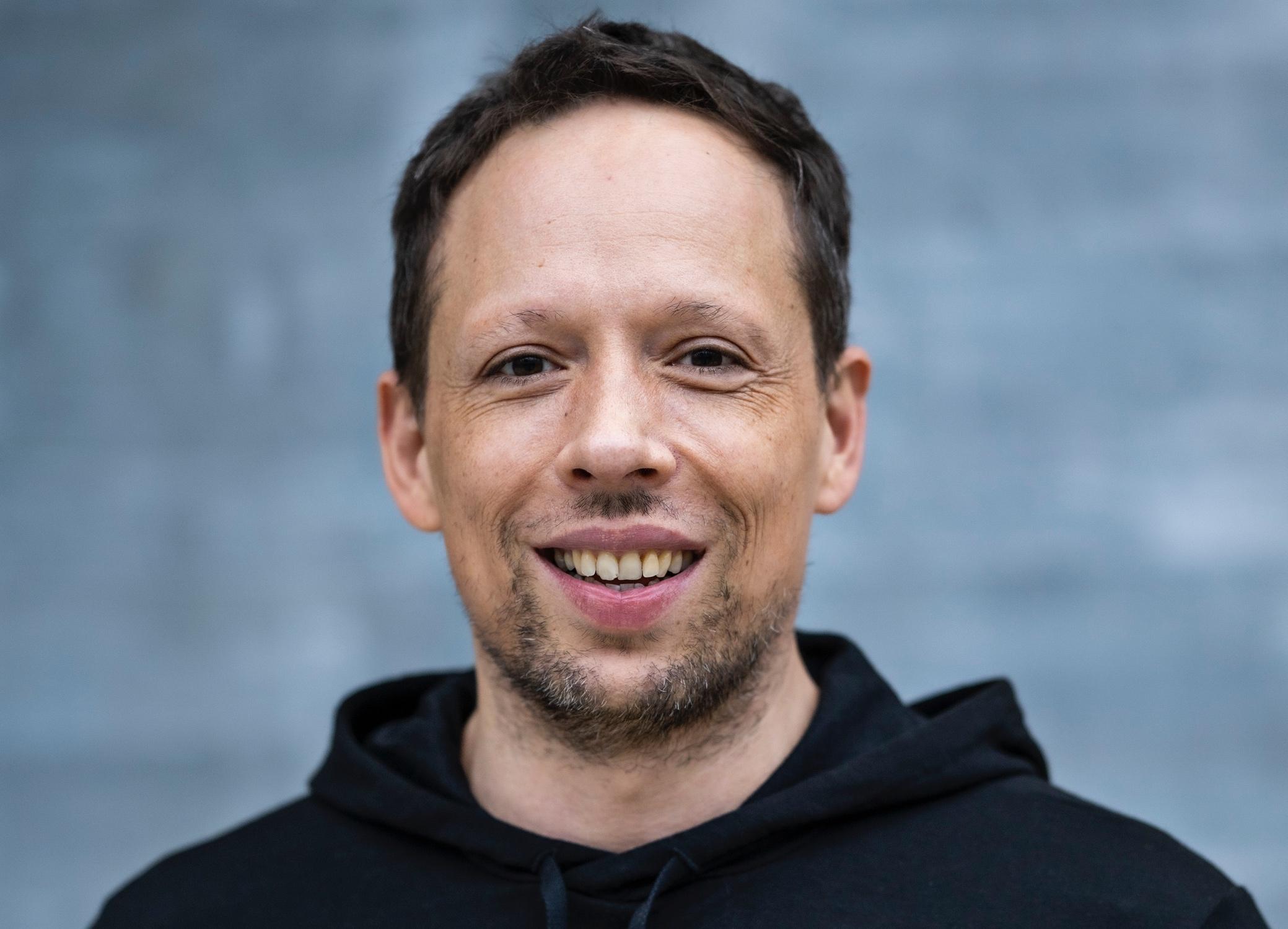"The way the fashion industry works right now, it can't stay that way"
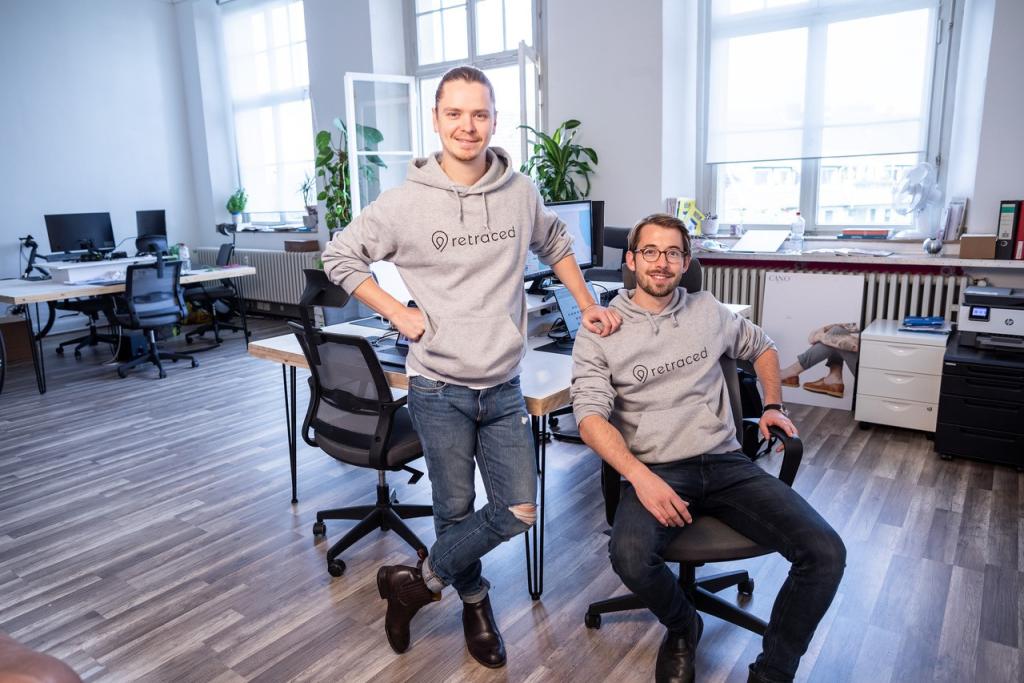
The start-up Retraced from Düsseldorf helps fashion companies to record and disclose their supply chains in detail. The two founders explain in an interview that conventional brands are also increasingly interested in transparency.
The catwalks are currently back in Berlin: Fashion Week! The topic of sustainability has long since found its way onto the catwalks, but how honest is the fashion industry with its promises? The founders of Retraced, Philipp Mayer and Lukas Pünder, want to bring transparency to an industry that is only changing very slowly in many areas. However, the pressure on fashion brands due to new regulations is playing into their hands.
They want to make it transparent for companies which steps an item of clothing goes through during production. How sustainable is the fashion industry already?
Lukas Pünder: It always seems, especially in our bubble, that the sustainable fashion market is already extremely large. However, figures show that it is just one to three percent. This means that we are still at the very beginning.
Do you see a trend towards more sustainability?
Pünder: The greatest pressure we are currently seeing in the market comes from political regulations such as the German Supply Chain Act. What companies are doing in this context is passing on the pressure from the law unfiltered into their supply chain. This means that here in Germany and also in Europe and Asia, there are a great many suppliers who are not directly affected by the law, but who have to comply with the requirements because they work with large companies. This pressure means that the issue of sustainability is being taken more seriously.
You should benefit from this with your start-up Retraced.
Philipp Mayer: Yes, in the beginning we focused exclusively on sustainable companies that already knew a lot about their supply chain and used the transparency we offered, especially for their marketing. This meant that customers could see on the product page where, how and by whom the garment was produced. In order to implement this, it was important to offer a platform on which all information from the supply chain could be collected and organized.
Please explain how exactly you want to help companies with Retraced.
Pünder: First of all, we digitize all the information we receive about production. The companies usually at least know their direct suppliers. The next step is to find out who the suppliers' suppliers actually are. Step by step, we bring everyone onto our platform so that communication and data exchange take place directly via Retraced and are therefore much more standardized. Every company has a profile with us, where all the information is collected. We therefore support companies in getting to know their supply chain, manage the information and evaluate it so that it can then be shared with all relevant stakeholders, such as us consumers.
So you only create transparency.
Pünder: Yes, at least for now. So far, we have shown how good the companies' standards are. If companies are satisfied with little, then that's exactly what we can communicate. But that is changing right now: we are providing more and more assistance. We are in the process of building a risk analysis: This means that we are using specific information to determine what risks there are in terms of sustainability for which industry or region. This could mean, for example, that we determine that there is an increased risk of human rights violations in China. At the same time, we are collecting more and more data to tell companies how they compare and to show them where they have leverage to influence their sustainability.
Why have you focused on the sustainable market so far?
Mayer: Because it was easier to convince these brands. But with our sustainability management solution, we now want to focus more on the conventional fashion market, partly because that's where the volume is. We are currently in discussions with some of the large companies that have realized that they need to address the issue of sustainability due to the Supply Chain Act and a clear movement in the end customer sector. Also to remain relevant.
Sustainable fashion is still very expensive. Can sustainability and an affordable price be reconciled?
You have to ask yourself the question: What does sustainable fashion mean? As long as it is not circular but linear, it is not sustainable, regardless of the material. Apart from that, more sustainable production is not much more expensive in itself. Organic cotton, for example, only costs around 20 percent more than conventional cotton and fair wages, which are still quite low in many countries around the world, only make the product a few euros more expensive to produce.
Pünder: However, the additional costs for sustainability are not only incurred in production. Sustainable labels simply invest a lot more time in working with their suppliers. Apart from the product and the costs, they find out, for example, where production takes place, who their suppliers are and ensure that the standards are adhered to and checked. This also costs money and is reflected in the price.
What do you think of the Supply Chain Act?
Plünder: Economically, it benefits us greatly (laughs). Basically, we think it makes a lot of sense to introduce regulations into the market. After all, the fashion industry must not remain the way it is at the moment. It needs to feel more pressure. There are already draft laws in 18 different countries that are planning or already have regulations similar to those in Germany. The EU is also working on standards that will presumably replace the Supply Chain Act in Germany and will then be much stricter.
Your start-up completed a financing round at the beginning of the year and is growing. What is the next step for Retraced?
Pünder: The next few months will be an exciting phase for us. We are currently developing the platform so that we are exciting for the conventional fashion market. Whether we are successful with this remains to be seen. We are aiming for our next financing round in the middle of next year. Due to the current developments in the market, we are making very good progress and are struggling more with the internal start-up problems of rapid growth. We have doubled in size every quarter since the beginning of the year. As a result, our team is getting bigger and we have to make sure that we create new structures, make our customers happy and at the same time work towards profitability.
Thank you very much for the interview.
about the people: Philipp Mayer and Lukas Pünder have known each other since their school days in Düsseldorf. In 2016, they founded the shoe brand Cano and realized that transparency in the supply chain was a gap in the market. In 2019, they therefore founded Retraced together with their school friend Peter Merkert. In February 2021, Retraced closed its first financing round of one million euros. The Spanish investor Samaipata now holds a 16% stake in the start-up. The management team consists of all three school friends: Pünder is Managing Director, Mayer CPO and Merkert CTO.

Newsletter
Startups, stories and stats from the German startup ecosystem straight to your inbox. Subscribe with 2 clicks. Noice.
LinkedIn ConnectFYI: English edition available
Hello my friend, have you been stranded on the German edition of Startbase? At least your browser tells us, that you do not speak German - so maybe you would like to switch to the English edition instead?
FYI: Deutsche Edition verfügbar
Hallo mein Freund, du befindest dich auf der Englischen Edition der Startbase und laut deinem Browser sprichst du eigentlich auch Deutsch. Magst du die Sprache wechseln?



